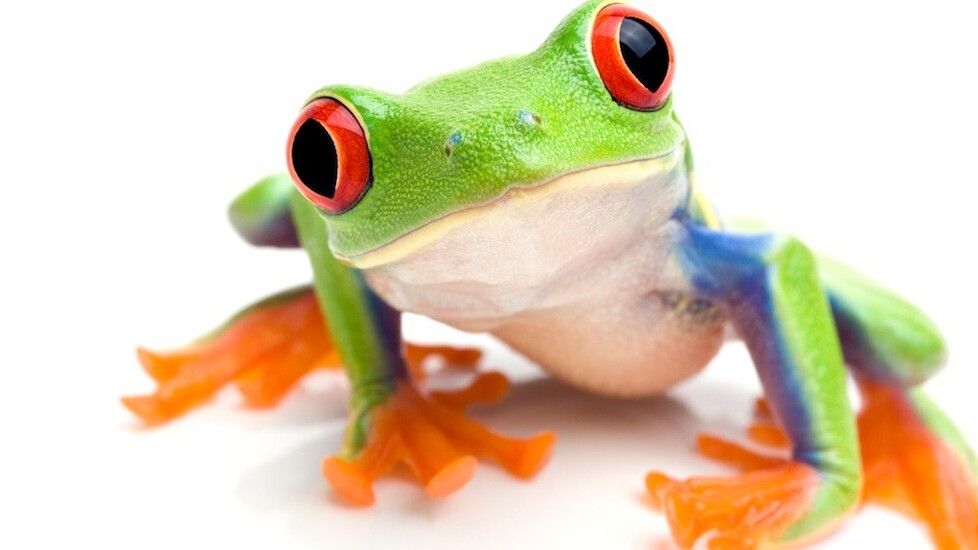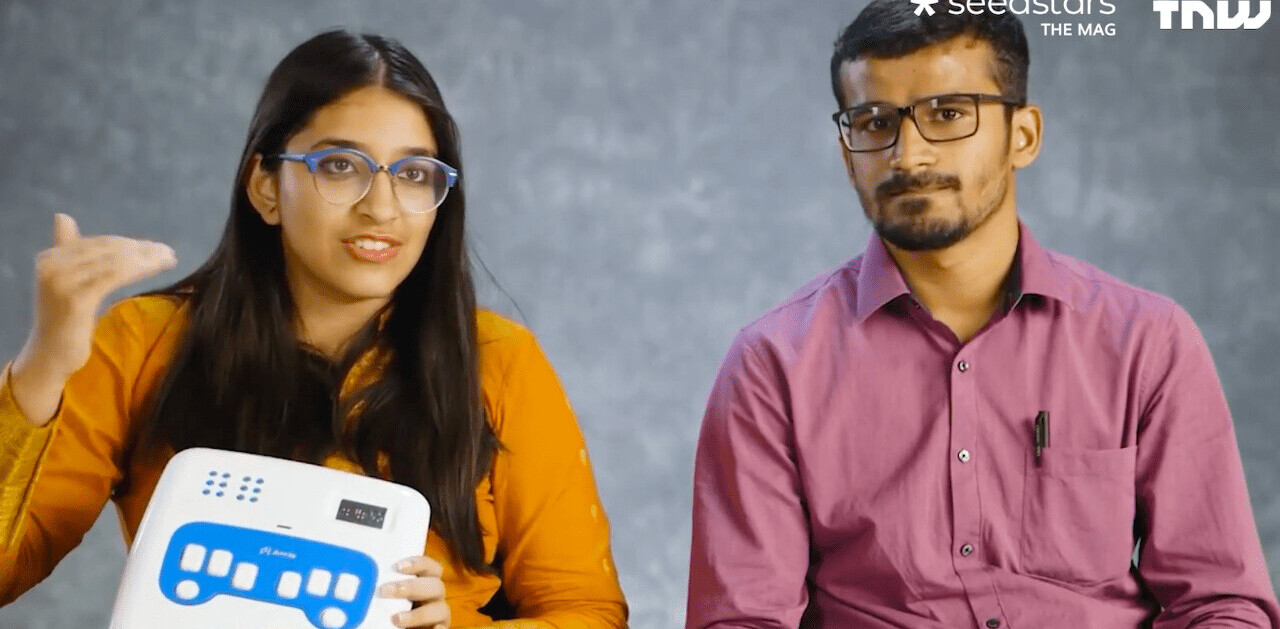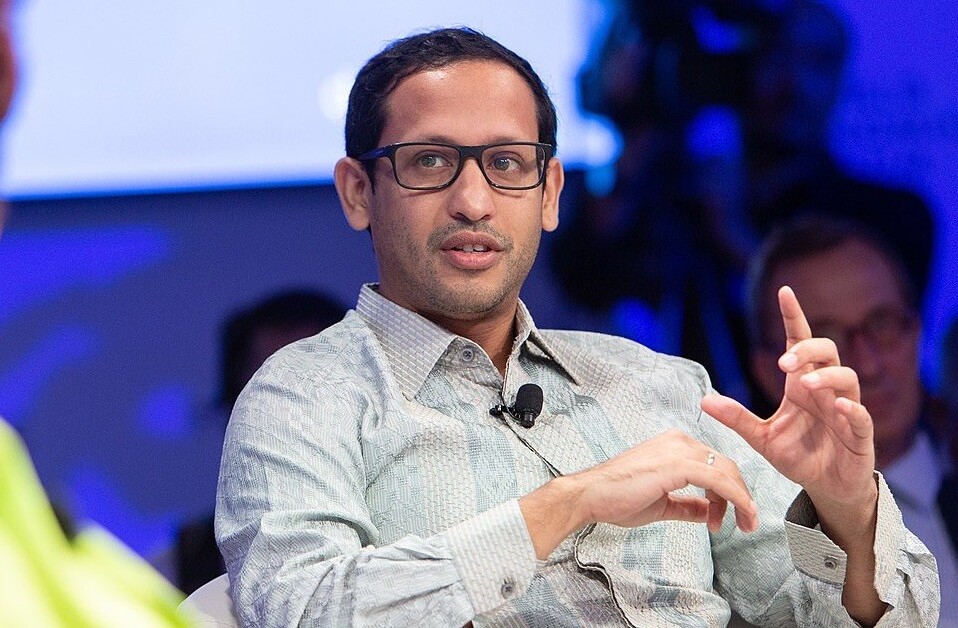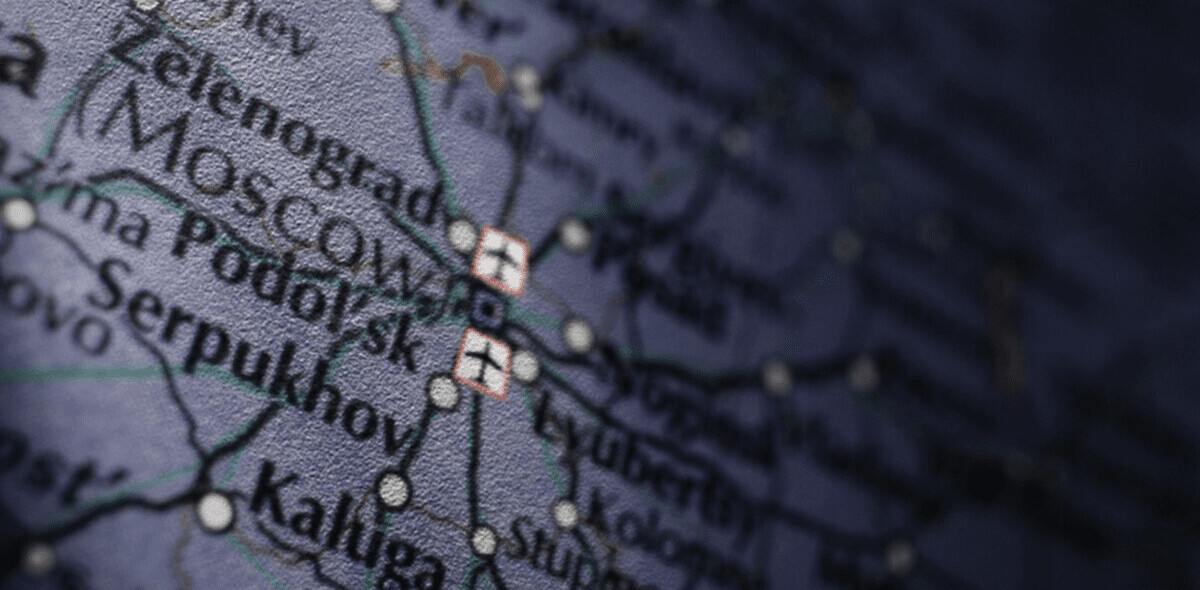
The tech startup scene in Asia is showing no signs of slowing down, as Singapore-based incubator JFDI Asia is charging ahead with its third accelerator program just weeks after the startups from its previous program presented themselves to investors on demo day.
JFDI (Joyful Frog Digital Incubator) announced that, from today, it will accept rolling applications from early stage Internet businesses. The company said more than 280 teams have already pre-registered for the accelerator program scheduled to start in August. There are only 12 places available.
Teams interested in applying to the accelerator program can head to JFDI’s website and fill in a registration form.
Success replicated with overseas ingredients
Co-founder and CEO Hugh Mason told TNW in an interview that when JFDI first started its bootcamp accelerator program last year, he didn’t know whether the methodologies would work and translate into success.
“We didn’t invent the methodologies; we invented nothing that we use, we just brought stuff from across the world and we were the first people that did it in Southeast Asia,” he said.
However, with the success of the previous two programs, Mason said he has learnt that innovation can be done in a structured setting, that people had typically dismissed as impossible:
I’d always imagined, as a creative person, that you cannot have a process for creativity. But that’s not true. You can guide creativity towards doing something useful, and you can teach entrepreneurship.
JFDI’s first 100-day accelerator program last year saw more than 60 percent of the 15 startups raise at least SG$650,000 (US$530,000), and Mason says the second accelerator program (held earlier this year) is on the same investment path as the first one – more investors turned up, and about the same number of investor meetings have been set up. He adds that JFDI’s results are “exactly” what he had expected to be on par with the rest of Techstars’ Global Accelerator Network (which JFDI is part of) – the number of teams being funded is 60 to 70 percent, while the average investment is about US$500,000 to US$600,000.
Despite the teams in the second accelerator program being more commercially immature when JFDI took them in, Mason is still confident that four or five out of the seven startups will get funded, though he estimates that it will take around four to five months for talks with investors to be completed.
Investors look for traction
And what do investors look for in a startup? Mason says it all boils down to one word: traction.
“By traction, they mean that you can prove that you’ve solved the problem you’re solving, you can prove the solution works, and you can prove that the market wants that solution,” he said. And to get traction, “you need to get customers – paying customers – or very, very large numbers of non-paying ones, with a conversion rate once you do”.
This is the reason why Mason emphasizes the need for startups to take advantage of JFDI’s multi-cultural approach with connections all around the region to think through how a business will scale. If a startup only focuses on its home market and the product doesn’t manage to fit into other markets around the region, investors won’t be interested.
Mason also said that when investors are asked what they would pump money in, they would say: “Well we don’t invest in ideas, we don’t invest in business plans, we invest in teams of people.” He explained how important the people behind a team are:
Really good people, when faced with difficult situations, will find their way around, whereas mediocre people won’t; they’ll fail. So a really good team with a mediocre idea will succeed, whereas a mediocre team with a good idea – maybe not.
He said that often the key is a good fit between the team and the idea: “We look for a certain set of qualities in the team, we look for a certain set of qualities in the idea, and we look for reasons why this team is the right team to execute this idea.”
Upcoming trends in the Asia startup scene
Despite touting itself as a Southeast Asian seed accelerator program, India makes up the second-largest number of startups applying to JFDI’s program (the largest number comes from Singapore where JFDI is based). Mason believes that there has been less engagement with South Korea and Japan because of the cultural barriers, but startups in those markets are developing as well.
Mason says JFDI is starting to be more interested in business-to-business solutions across Asia.
“I think many of the low-hanging fruit for business-to-consumer [solutions] has already been filled. We don’t need another photo sharing app, we don’t need another app to take photos of our food and share it with friends,” he said. Yet, there are huge issues in Asia, especially Southeast Asia, where a lot of people do not have access to healthcare or education. In turn, what investors tend to be interested in would be solutions for such problems:
I think the stuff we’re interested in is stuff that addresses real pain-points in the world. So business-to-business is one of them… Solving real problems in Asia for Asia – a very general way of putting it.
For example, he noted that one of the startups at JFDI’s demo day, Our HealthMate, has a common pan-Asian theme as it is common for people in Asian societies to send money to their parents even while working overseas. The startup has built a web portal that connects patients, physicians and payers – the payers find, book and pay physicians on behalf of their loved ones – the patients. So instead of remitting money and not knowing where the money will be used, this gives payers direct access to the medical system.
“It’s an India idea, but it’s a very Asian problem as it’s about filial piety,” Mason said.
Mason noted that in terms of industries, the travel sector has been doing very well, which would extend to startups as well. This is partly because Singapore is a travel hub, also because people are traveling more as Southeast Asia is booming.
Expectations for third accelerator program
Mason said he expects double the 260 applicants that sought to join JFDI’s previous accelerator program.
In exchange for a minority equity stake, every team joining will be offered a package including S$15,000 (US$11,700) net cash, mentoring valued at S$150,000 (US$117,000), technical and other vendor perks worth S$300,000 (US$234,000) and working space for the duration of the program.
JFDI has also incorporated a new initiative into its admissions process – every team that applies gets basic feedback free of charge, while those who want it can pay a small fee to get a more comprehensive individual assessment. The feedback will be delivered via the “Frog Score” – an interactive infographic that shows startups how they compare to other applicants on 36 dimensions including team strength and idea.
This has likely come up as Mason noted in our interview that instead of being a binary yes and no program, the JFDI team is seeking to make the program more inclusive. “At the moment I don’t like the fact that accelerators can seem elitist, a bit like Premier League football,” he said with a laugh.
➤ JFDI Accelerator Program Application
Headline image via Thinkstock
Get the TNW newsletter
Get the most important tech news in your inbox each week.





